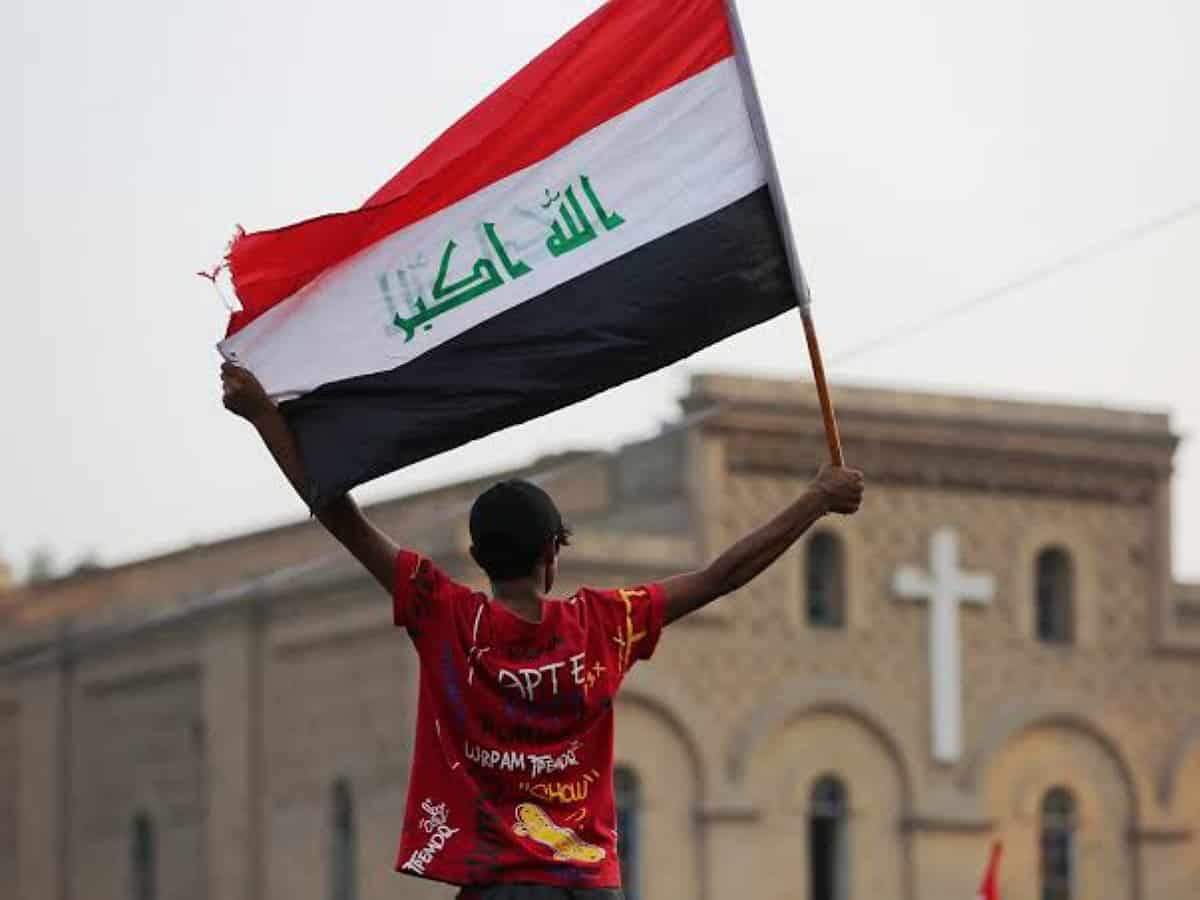
Baghdad: Iraq discussed with the visiting Secretary-General of the Gulf Cooperation Council (GCC) the ways to strengthen bilateral relations in various fields.
During a meeting with the GCC Chief Jasem Mohamed Albudaiwi, Iraqi President Abdul Latif Rasheed expressed Iraq’s desire to establish strong political, social, administrative and diplomatic ties with other countries, according to a statement by the Iraqi Presidency on Monday.
For his part, Albudaiwi expressed his full confidence that relations between Iraq and the Arab Gulf states will witness positive developments in terms of electricity interconnections, trade exchange, and other areas, according to the statement.
Iraqi Prime Minister Mohammed Shia’ al-Sudani also met with Albudaiwi on bilateral ties in various fields, especially in security coordination and drug control, al-Sudani’s media office said in a statement.
At a joint press conference after meeting with Albudaiwi, Iraqi Foreign Minister Fuad Hussein stressed his country’s strong ties with the GCC states, saying Iraqi foreign policy is “based on developing relations”.
Meanwhile, Albudaiwi asserted the GCC countries’ keenness to ensure Iraq’s security and prosperity and hailed Iraq’s major role in dealing with regional and international issues, Xinhua news agency reported.
Earlier on Monday, Albudaiwi heading a delegation arrived in Iraq’s capital Baghdad on a visit aimed at improving relations between the Gulf states and Iraq.
His visit came a day after Kuwaiti Foreign Minister Sheikh Salem Abdullah Al-Jaber Al-Sabah’s visit to Baghdad for talks with Iraqi leaders in an attempt to end border demarcation and joint oil field disputes.
After 2003, Iraq witnessed a remarkable development in relations with Gulf states, which reopened their embassies that had been closed following Iraq’s invasion under its former leader Saddam Hussein of Kuwait in 1990.

